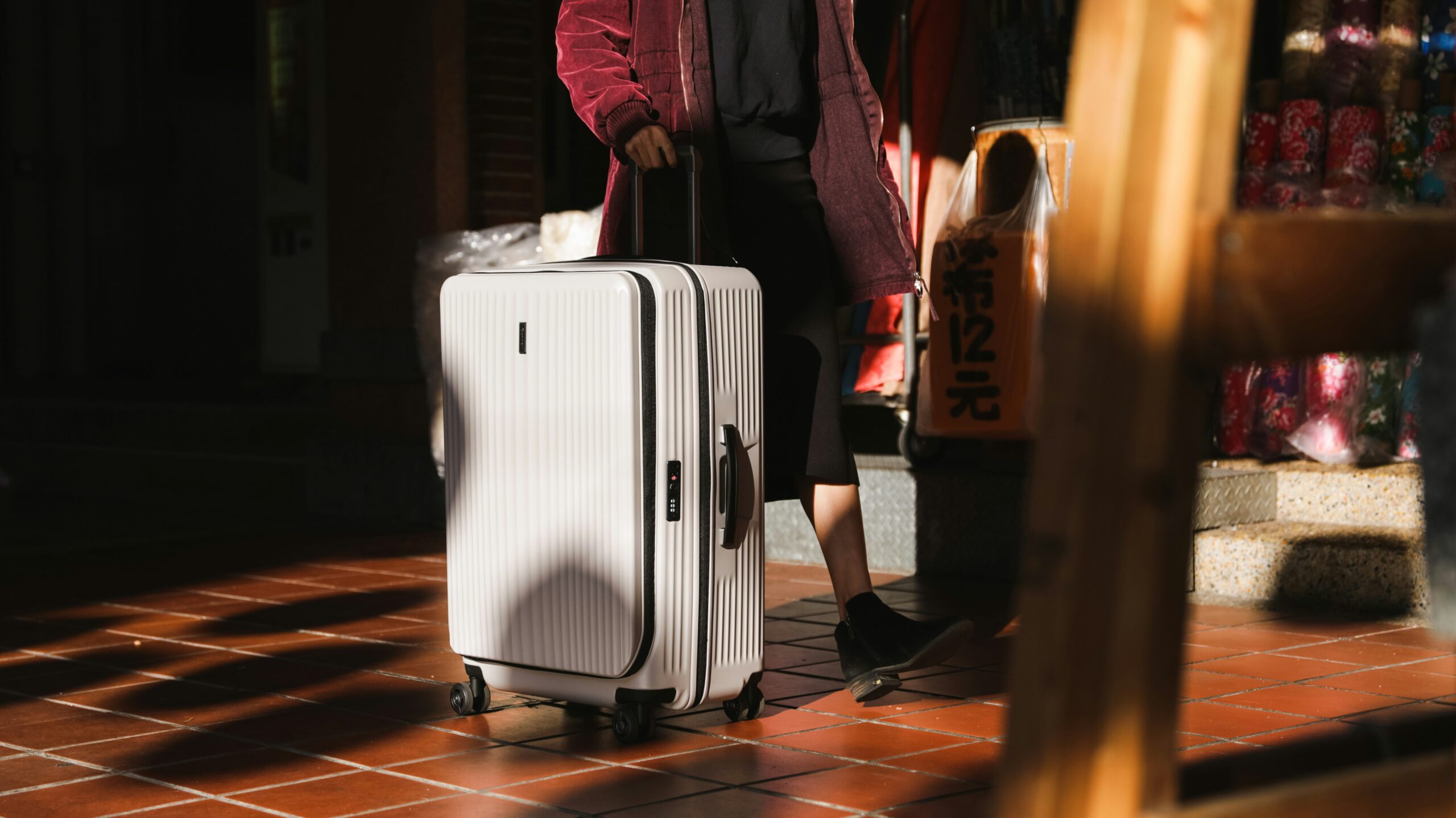The travel industry has always adapted to social, cultural, and technological change, but in the past decade, the pace of digital innovation has accelerated dramatically. From booking flights with a tap to exploring cities with augmented reality tools, technology is reshaping how people plan, enjoy, and reflect on their journeys.
Modern travellers now expect not only convenience but also security and flexibility. Whether booking accommodation, renting vehicles, or paying for services abroad, digital tools have become central. Even payment systems offer travellers new ways to manage expenses — methods such as pay by mobile at FIRST highlight how financial technology intersects with travel, giving users more control while they’re on the move.
Digital booking platforms

Travel booking has shifted from phone calls and in-person agencies to intuitive online platforms. These services aggregate prices, display real-time availability, and allow customization of itineraries in just a few steps.
Advantages of digital booking platforms include:
- Price comparisons across multiple providers
- Instant confirmations and e-tickets
- User reviews for better decision-making
- Mobile-friendly applications for on-the-go planning
Digital booking not only saves time but also helps travellers tailor experiences to their individual preferences.
Smart luggage and gadgets

The introduction of smart gadgets has added both convenience and security to the travel experience. Smart luggage, equipped with GPS tracking, USB charging ports, and digital locks, reduces stress during transit. Other travel gadgets range from noise-canceling headphones to portable Wi-Fi hotspots.
| Gadget | Benefit for Travellers |
| Smart Luggage | GPS tracking and charging capabilities |
| Noise-Canceling Headphones | Comfort during flights and commutes |
| Portable Wi-Fi Hotspot | Reliable internet on the move |
| Translation Devices | Real-time communication support |
These innovations reflect how practical tools are integrated into daily travel, offering a smoother experience for both leisure and business trips.
Artificial intelligence in travel

AI plays a growing role in enhancing customer experiences across the travel industry. Virtual assistants answer queries, chatbots help with bookings, and predictive analytics recommend destinations or travel deals based on user history.
Uses of AR and VR in travel
- Virtual previews of hotel rooms or resorts
- AR city maps with interactive directions
- VR experiences of landmarks before visiting
- Educational overlays in cultural institutions
This technology provides inspiration before travel and enriches the experience during the trip.
Sustainable travel technologies

Sustainability has become a priority for many travellers, and technology plays a key role in reducing environmental impact. Apps that measure carbon footprints, ride-sharing services, and eco-focused booking platforms make responsible travel choices more accessible.
| Technology | Contribution to Sustainability |
| Carbon Tracking Apps | Helps travellers offset emissions |
| Ride-Sharing Platforms | Reduces the need for private cars |
| Smart Energy Hotels | Uses automation to conserve energy |
| Digital Itineraries | Cuts down on paper waste |
These solutions encourage responsible practices while aligning with the growing demand for eco-conscious travel.
Looking ahead
As digital ecosystems expand, technology will continue to influence how people explore the world. Emerging tools such as biometric boarding, blockchain-based booking systems, and AI-driven itineraries are already being tested. The combination of convenience, personalization, and sustainability points toward a travel experience that is more adaptive than ever before.


